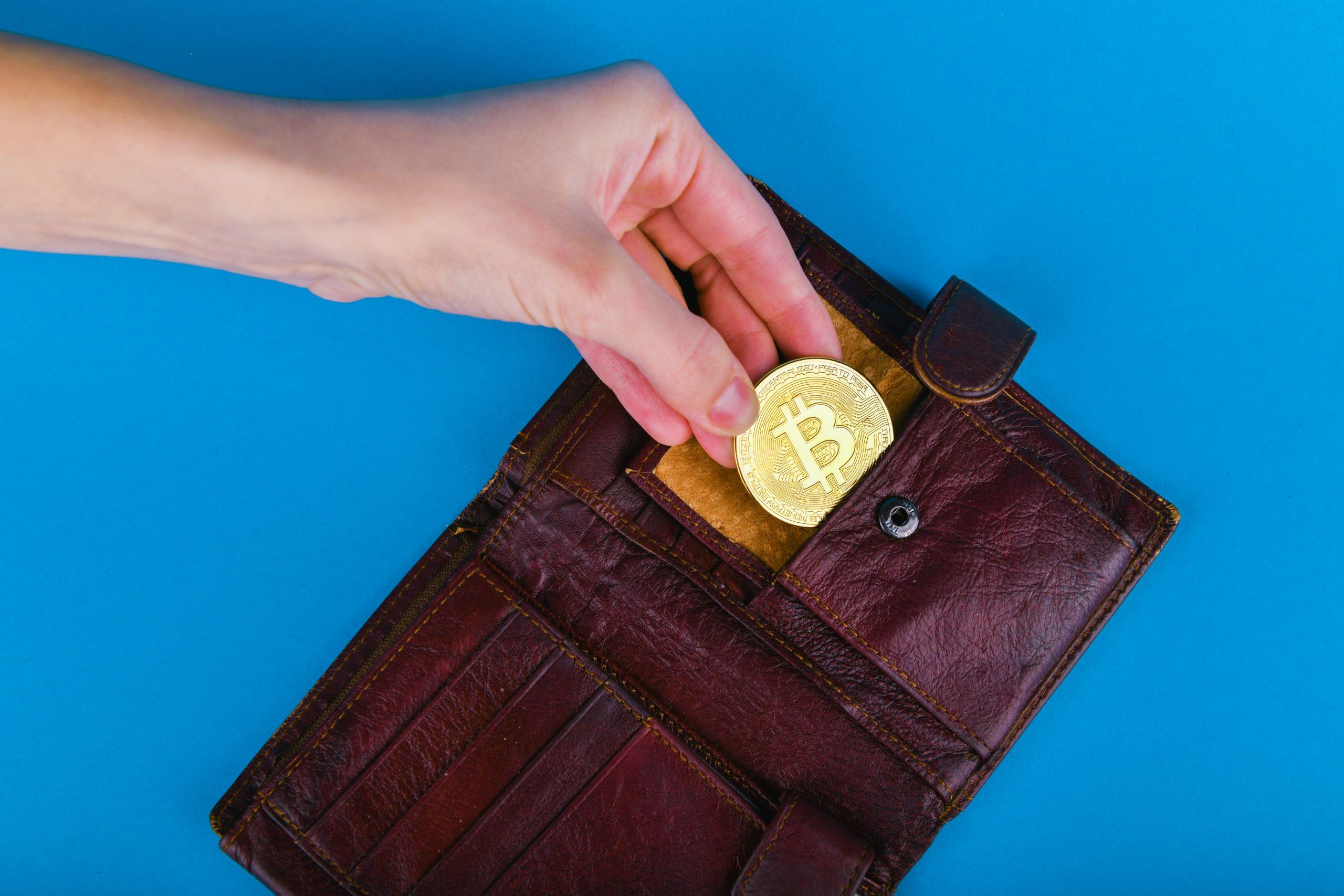
Cryptocurrency Scams
Cryptocurrency may be the latest rage, but it’s also a hotbed for scams. A crypto scam recovery company might help you recover your money if you’ve been scammed. However, the best way to avoid losing money in cryptocurrency is to know the difference between a legitimate opportunity and a scam.
Sometimes the waters are murky, as criminals have gotten more sophisticated and use subtle methods to trick you. So much so that people in the U.S. lost more than $80 million in cryptocurrency scams between the fourth quarter of 2020 and April 2021.
Let’s take a detailed look at different cryptocurrency scams and what you can do to avoid them.
Cryptocurrency Scams – What Are They?
The FTC lists several different types of cryptocurrency scams. These include investment and business opportunities, blackmail emails, and social media requests.
Promises You’ll Make Money
With investment and business opportunity scams, you’ll see a lot of “get rich quick” promises. These scams can include pyramid schemes, such as having to pay to get accepted into a referral program. You’re told you’re paying the fee for the ability to recruit others whose earnings you’ll earn a percentage of.
The payments you’ll receive are in cryptocurrency, and you are asked to pay your fees using the same method. Sometimes you’ll see these scams advertised as “investment” or “employment” opportunities. Other times, you are solicited by people claiming to be investment advisers.
These “advisers” will ask you to hand over the current cryptocurrency you own. The investment “adviser” claims they will manage and grow your money. However, you soon discover that your money no longer exists and any investment account information that you received was false.
Threats of Extortion
A common way scammers target potential victims is to send unsolicited emails claiming they have your password to a sensitive account. They might also claim to have images or other media with you in a compromising position. Or they say that the media they have contains sensitive content about you.
The email says that unless you send cryptocurrency to the scammer, they’ll release or publicize the sensitive information. This is known as extortion and is illegal.
Requests for Money via Social Media
Requests for cryptocurrency through social media apps like Facebook Messenger are almost always a scam. Whether it’s from someone you know in real life or someone you don’t, most people will not send you a tweet or an instant message asking for cryptocurrency.
Be suspicious of all online requests for money, as the person’s account could be hacked by a scammer. Or the account was created by a scammer, and they are using the name and profile picture of someone you know.
These types of scams can also come to your phone via text message, or you might get an email asking you to click on a link to send cryptocurrency.
How To Avoid Cryptocurrency Scams
The most important thing you can do is question everything. Be suspicious of texts, emails, phone calls, and social media contact that seems out of place. If your gut is telling you something’s wrong or off, you’re probably right.
That being said, look for claims that make big promises and guarantees. For example, if someone tells you you’ll make a lot of money in a short amount of time or with little effort, it’s probably a scam.
Think about these promises and guarantees logically. There are only a few ways you could come into a lot of money in a short amount of time. One is by winning the lottery, and the other is through an inheritance or trust fund. Typically, investments take time to grow, and they carry risks. Owning a business takes a lot of “sweat time,” and more ventures fail than succeed.
Also, if someone asks you to send money, assume it’s a scam. Why would someone you don’t know or even someone you do ask or demand cryptocurrency? If the request is from an account belonging to someone you know, look at the language and grammar. Does it sound like a person? Are linguistics and grammar out of place?
If so, ignore the requests, don’t click on any links, and report the suspicious behavior.
